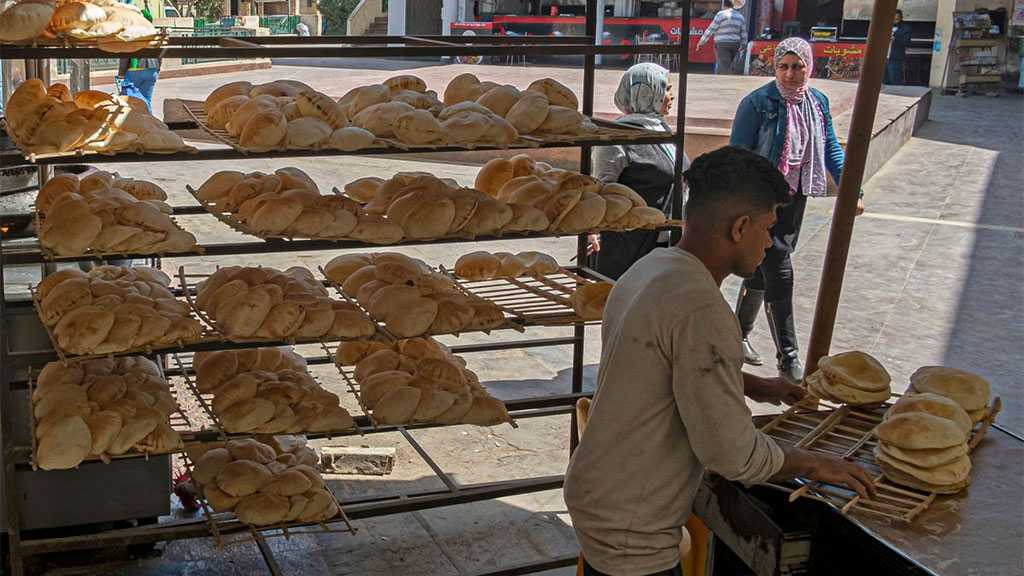By Al Ahed Staff, Agencies

Soaring costs for food staples in import-dependent Middle East and North African countries are stretching people's resilience to a "breaking point," with the Russian-Ukrainian conflict adding to their woes, a United Nations agency warned.
The World Food Program [WFP] said in a statement on Thursday that Russia's military operation in Ukraine had contributed to surging costs of flour and vegetable oil ahead of the Muslim holy month of Ramadan - when people across the region typically gather in the evening for meals with friends and family to break the daily fast.
"We are extremely concerned about the millions of people in this region who are already struggling to access enough food because of a toxic combination of conflict, climate change and the economic aftermath of Covid-19," said Corinne Fleischer, WFP's regional director for the Middle East and North Africa.
"This crisis is creating shockwaves in the food markets that touch every home in this region. No one is spared."
According to the agency, the cost of the basic food basket in Lebanon - the minimum amount of food a family needs per month - has soared by 351 percent in the past year.
Meanwhile, Syria saw a 97 percent hike, while in Yemen the cost of a basic food basket increased by 81 percent in the past year. The three countries, all reliant on food imports, also reported sharp currency depreciation.
Russia and Ukraine produce about a quarter of the world's wheat. The MENA region is particularly dependent on wheat imports from Black Sea ports, which have halted shipping since the beginning of the military operation in Ukraine.
Lebanon imports 52 percent of its wheat from Russia. As a result of the blast at the Beirut port in August 2020 which destroyed city's grain silos, the country's infrastructure can only hold about one month's supply of wheat.
Syria also relies heavily on Russia for its wheat supplies, and domestic production has decreased drastically from its pre-war level.
Damascus has maintained that its wheat supplies are sufficient, and denied reports there were any issues with food supplies. But the country's Council of Ministers announced earlier this month that public spending would be slashed, and basic goods such as wheat and oil would be rationed in anticipation of supply shocks.
Meanwhile, fears are growing among aid agencies over the possible impact a disruption to wheat supplies will have on Yemen, which imports more than 30 percent of its wheat from Russia.

No comments:
Post a Comment